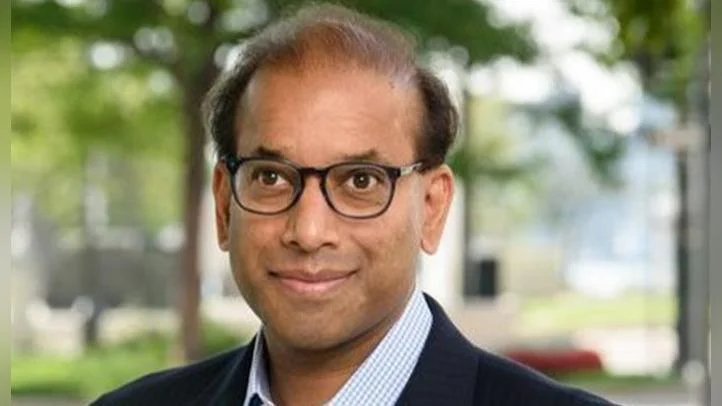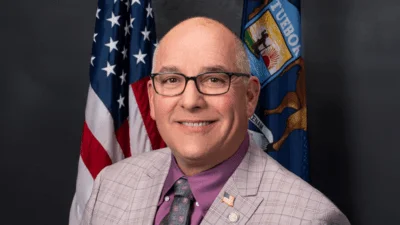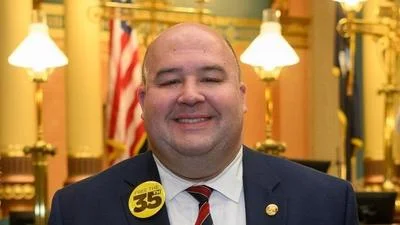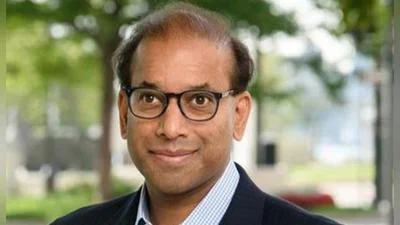Sandy K. Baruah President and Chief Executive Officer at Detroit Regional Chamber | Official website
Sandy K. Baruah President and Chief Executive Officer at Detroit Regional Chamber | Official website
U.S. small business confidence reached its highest point in nearly three and a half years this November, driven by post-election optimism. The National Federation of Independent Business (NFIB) reported that its Small Business Optimism Index increased by 8.0 points to 101.7, marking the highest level since June 2021. This surge followed the election of Donald Trump as President and the Republican Party's gain of control over Congress.
Economists had predicted this rise in confidence among small business owners, who generally favor Republican policies. Similar sentiment improvements were observed in other surveys, such as the University of Michigan’s consumer surveys, which also reflected a boost following the November 5 election, albeit with partisan differences.
The percentage of small business owners expecting economic improvement rose significantly by 41 points to 36%, the largest increase since June 2020. Additionally, more owners now believe it is an opportune time to expand their businesses, with expectations for higher sales growth on the rise and fewer citing inflation as their primary concern.
The survey indicated a decrease in uncertainty, with the index dropping 12 points from October's record high of 110. However, labor shortages persist across industries like transportation, construction, and professional services. The proportion of businesses planning to hire more workers grew by 3 points to reach 18%, a peak not seen in a year.
Compensation adjustments were noted by about 32% of owners, up slightly from October. Plans to increase compensation within the next three months surged by 5 points to reach 28%, marking this year's highest reading.
Price hikes are anticipated by approximately 28% of respondents, reflecting an increase from October figures.
“Wage hikes are necessary to maintain current employment and hopefully to help fill vacancies,” stated Bill Dunkelberg, chief economist at NFIB.






 Alerts Sign-up
Alerts Sign-up